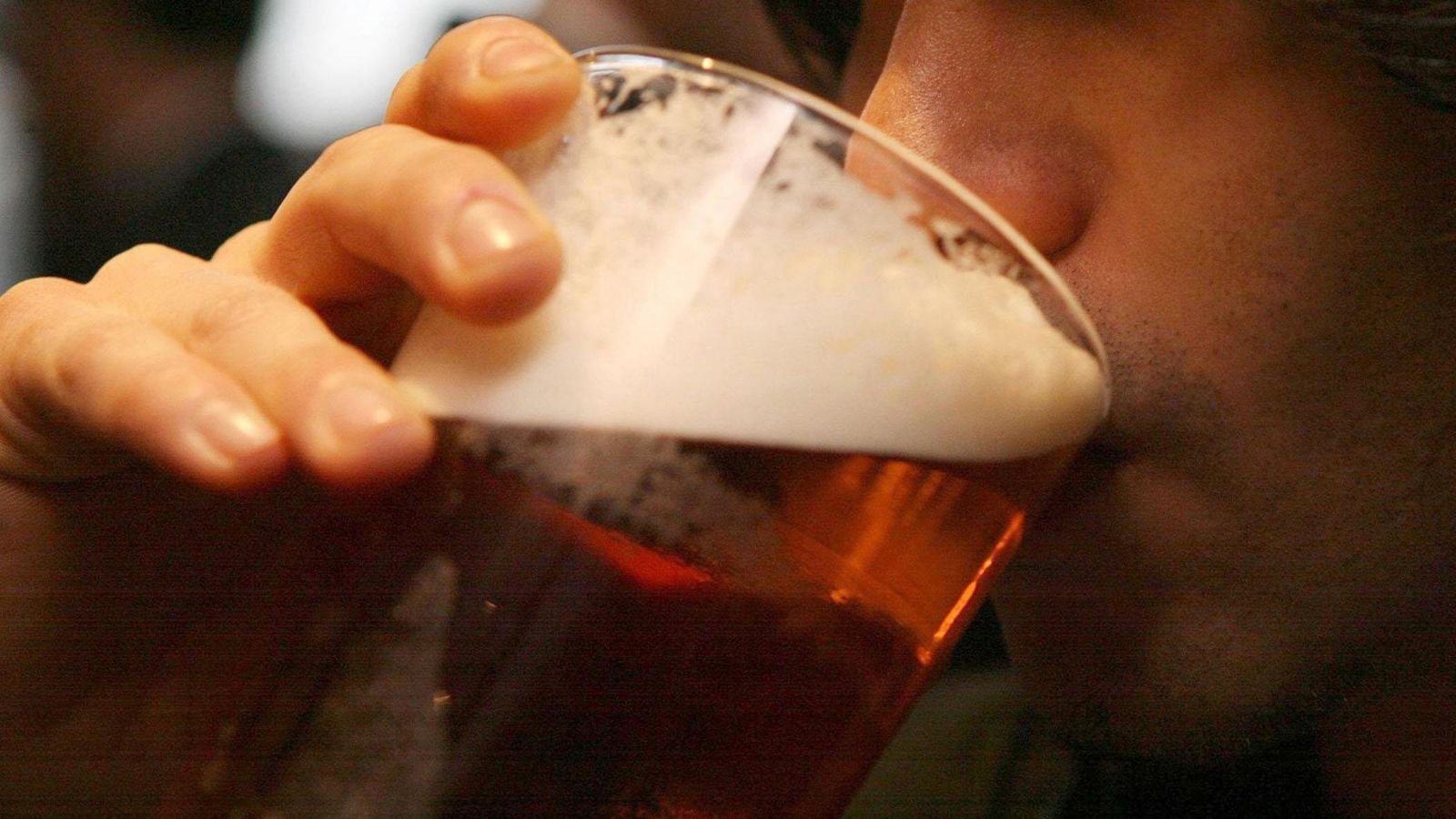Pub trade warns of 2,000 closures without budget aid

A further 2,000 pubs are at risk of closure, threatening 25,000 jobs, unless the chancellor comes to the sector’s aid in this month’s budget, according to an industry body.
The British Beer and Pub Association (BBPA) cited research by Oxford Economics which forecast 288 million fewer pints would be sold in the next financial year as the cost of living crisis facing punters combines with the cost of doing business crisis.
Sales volumes have already slipped as the squeeze on household budgets forces more people to drink and eat at home.
The BBPA told Sky News that 450 sites closed last year alone as energy-driven inflation accelerated, despite government support.
It builds on a significant decline since 2000, with a quarter of pubs – 13,000 – being lost.
The BBPA used a submission to chancellor Jeremy Hunt, in advance of his budget on 15 March, to declare that financial support for publicans, breweries and staff training to retain workers were vital, arguing that the pub is at the core of British society.
It pointed to rising energy, food and employment bills among the reasons why costs are unsustainable.
Please use Chrome browser for a more accessible video player
2:32
Farmers plead for government aid
“With cost pressures and slowing consumer spend, combined with a further duty increase in August, there are significant fears of widespread closures, with a worrying 2,000 pubs estimated to be at risk,” its statement said.
“And with the current Energy Bill Relief Scheme support ending on 31st of March, many pubs and breweries will again be subject to rocketing bills that threaten them to declare last orders once and for all.”
Advertisement
It said that one pound in every three spent in pubs currently made its way to the Treasury.
The BBPA’s wishlist included a freeze to duty rates and a “significant increase” in the discount for draft beer sold in pubs.
Publican Emma Shepherd, who runs the Blue Ball Inn in Worrall near Sheffield with her husband, has campaigned for more financial aid for the hospitality sector.
She described how soaring energy prices had already forced the closure of its kitchen on two days per week despite government support for energy costs.
She warned that the prospect of any easing from April could mean they have to let staff go and shut the kitchen.
“We’re in a perfect storm… working harder for less,” she explained, describing how beer, food and local regulations had added to their expenses.
“20% VAT on everything is a huge cost to small businesses that are working on small margins and the margins are getting smaller,” she said.
“The government hailed a reduction for beer tax but we don’t see a reduction at our end because the beer producers are facing the same energy costs as we are.”
Emma McClarkin, the chief executive of the BBPA, said pubs in rural areas were at particular risk, leaving more communities facing the prospect of being without a local.
“This really is a make or break moment for our pubs and our brewers,” she said.
“With everything that’s hitting them at the moment post pandemic, recovery has been really, really difficult and with cost inflation biting, labour shortages as well as those high energy costs, we’re really struggling to find our feet again as an industry… without that intervention (from the government) we could lose 2,000 pubs and 25,000 jobs.”